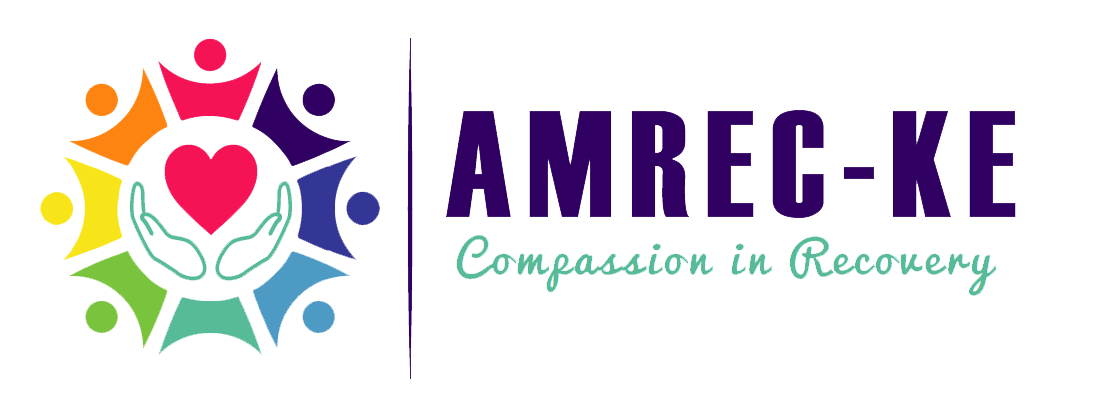
Ambiguous Loss
“I suppose in the end, the whole of life becomes an act of letting go, but what always hurts the most is not taking a moment to say goodbye” – Yann Martel, Life of Pi.
Getting over someone or finding peace after losing a loved one is linked with saying goodbye. Indeed, accepting the situation and finding closure by saying our “goodbyes” is a crucial part of the grieving process. Yet, losing a loved one due to death differs from losing a loved one due to neurological disorders like Alzheimer’s or addiction. The ambiguity brought on by such a loss prevents one from coming to terms with it emotionally. Paulina Boss, in the 1970s, coined the word “ambiguous loss” to the losses for which it is almost impossible to achieve closure.
As a parent loses a daughter to addiction, they watch her gradually decline before their eyes every day is an ambiguous loss. It’s a shocking and mysterious loss. Rather than resulting from internal dysfunction, an ambiguous loss is an exterior relationship disruption, such as illness or an accident. An ambiguous loss is a loss that feels strange because it defies explanation.

There are two types of ambiguous loss, including physical and psychological. Both have varying degrees of ambiguity. The first is the lack of a physical body but the retention of a mental presence. This includes people who have been kidnapped or lost in combat. As their reappearance is theoretically possible, they continue to exist in the minds of those who encounter them.
The second ambiguous loss is the simultaneous presence and absence of the mind. Someone you care about is there, but their mind isn’t. Loss with ambiguity can occur, for instance, when a loved one is diagnosed with a degenerative mental illness like Alzheimer’s or dementia. Additional instances include severe brain damage, stroke, coma, mental disease, addiction, and other mental problems.
Individuals often get stuck at different points in the grieving process when dealing with a loss that lacks clarity. Certainly, if someone you care about has an addiction to alcohol or drugs, you may find yourself locked in the stages of denial, anger, bargaining, and depression. Mental health issues like sadness, anxiety, and codependency have been linked to being in one of these bereavement stages for too long.
Boss argues that people who experience ambiguous loss should learn to find spiritual peace in their uncertainty rather than try to achieve closure. Al-Anon and other support groups do offer relatives of alcoholics a safe space to talk about their feelings of helplessness and despair. In other words, it aids in the recovery of persons who have suffered ambiguous loss due to alcoholism. In addition, therapists facilitate reflective space, which equips patients to manage the strains of ambiguous loss.


